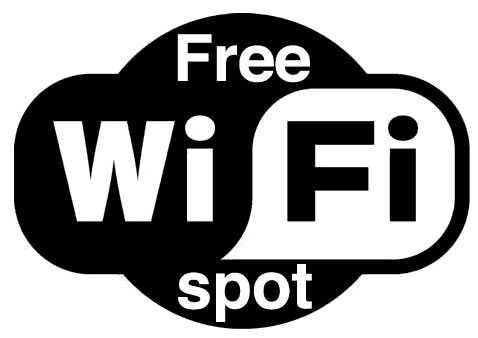With the increase in number of devices that connect to the Internet, the number of public WiFi hotspots also expanded to accommodate the growing population of netizens, or those that frequently dwell on the Web and can’t live without it even for just an hour.
Almost everywhere, you can see that your mobile device always detects a WiFi network. But the downside of a public network is that your communication is also open to eavesdroppers lurking in the dark corners waiting for their chance to intercept your connection and take over your session online.

It’s a stark reality with public WiFi networks, be it in malls, airports, coffee shops, etc. That’s because most public networks lack the protection normally implemented in private networks. Therefore, the task of intercepting your communication and other online transactions on a public WiFi becomes easy for anyone with the technical know-how to do so.
How to Connect Safely to Public WiFi Networks
In order to stay safe when using a public WiFi network on occasions when you badly need to connect to the Internet, there are some practices you could follow.
You can employ a virtual private network like Private Internet Access to protect your online session from third-party prying eyes. That is so because a VPN service secures your transaction in the Internet using encryption. Furthermore, it hides your IP address from eavesdroppers.
Also, disable the sharing feature in your computer that allows others to gain full access to your private files when you connect to a public WiFi network.
When using a public WiFi, try to avoid as much as you can to log in to sites that involve sensitive data such as banking sites or online shopping, which also contains your financial data. Since public WiFi networks are not to be trusted, it only makes sense not to conduct financial transactions online using this network.
When you log in to your private accounts such as email or social networks Facebook, Twitter, LinkedIn, always remember to log out when your session ends, not just close the browser or the tab. Otherwise, it will leave your accounts easily open to others who have malicious intentions and do some nasty things with your account.
Prevent your mobile device or computer from connecting automatically to a WiFi network where it is openly available. Chances are, you might connect to a malicious network that is created only to scrape off the sensitive data of whoever connects to it.
It also advisable to connect only to websites that have adopted the HTTPS protocol when your session involves your email address and passwords for logging in.
Disclosure: We might earn commission from qualifying purchases. The commission help keep the rest of my content free, so thank you!



